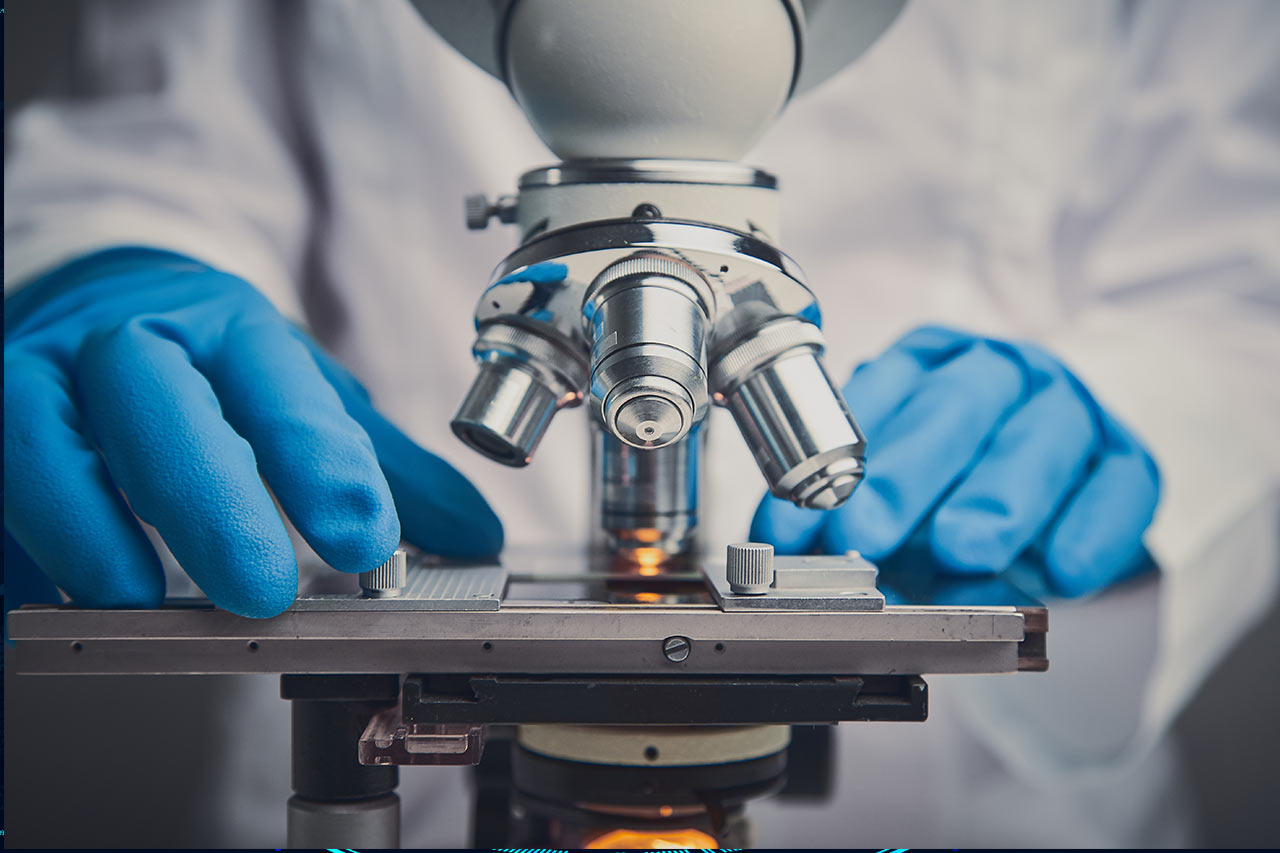Healthcare
Microbiome therapeutics: what are the current advances?
Due to the current challenges in modern treatment of disease, there is mounting evidence to suggest the potential of microbiome therapeutics.

Following infectious diseases, cancer is a key field of microbiome studies with more than 100 projects ongoing. Microbiome-cancer studies aim at developing drugs to mitigate chemotherapy side effects (such as diarrhea) or identifying microbial biomarkers for early diagnosis or disease progression monitoring. The most promising area is probably the development of drug combinations with immunotherapy checkpoint inhibitors.
A year ago, I analyzed companies in the portfolios of 8 major pharma companies’ venture funds and identified microbiome-derived therapeutics as a trending topic in immuno-oncology. In one year, a lot happened in this booming and fascinating field. What are the new therapeutic initiatives in microbiome and cancer? Who are the newcomers in this field? Let me share with you some news and recent developments that have caught my eye.
The microbiome is composed of trillions of microorganisms (bacteria, viruses, fungi) that interact with each other and with our body. They play many roles within our body, from digestion to the regulation of our immune and hormonal systems. Several decades ago, it was discovered that pathogenic bacteria present in our body could be involved in the etiology of certain cancers, an example would be Helicobacter Pylori in gastric cancer. More recently, next-generation sequencing platforms, ‘omics’ technologies and advanced bioinformatics approaches facilitated the study of the microbiome and scientists discovered that ‘commensal’ microorganisms, might also play a role in cancers. It is not the presence/absence of a specific commensal bacterium that is studied but the ratio between the different microorganisms; an important factor for the body’s functionality. It is this unbalanced microbiome, referred as dysbiosis, that is responsible for the appearance of certain pathologies, notably cancer.
Asia has entered the race to develop a combination therapy of microbiome and anti-PD-L1 antibodies. Genome & Company, a south Korean biotech, received in April 2020 FDA Investigational New Drug (IND) clearance for GEN-001, an oral microbiome therapeutic candidate that has shown an enhancing effect to the checkpoint inhibitor Avelumab (BAVENCIO®) in preclinical studies.
The impact of bacteria on the efficacy of immune checkpoint inhibitors is one of the most promising applications of microbiome and cancer research. Genome & Company joins the competition alongside Vedanta Biosciences whose product VE800 entered in a clinical trial associated to Bristol-Myers-Squibb’s PD-1 checkpoint inhibitor Nivolumab in December 2019.
In November 2019, Enterome announced a collaboration with the Memorial Sloan Kettering Cancer Center (MSK) in New York City to evaluate the potential of gut microbiome-derived antigens for development as cancer immunotherapies. Enterome is a French company who develops bacterial-derived short peptides with high sequence homology to known tumor-associated antigens, tumor-specific antigens or neoantigens. Those antigens are used to induce a tumor-specific T-cell immune response against the cells expressing the homologous antigens. Based on this “molecular mimicry” approach, Enterome developed EO2401, their first onco-mimic compound composed of several gut microbiome-derived antigens and launched the first clinical trial to study its safety and efficacy in patients with progressive glioblastoma. The trial should start recruiting in July 2020.
The answer is yes! The study of the microbiome enables the identification of risk factors. American researchers at the Mayo Clinic have studied the link between the vaginal and uterine microbiome and risk factors to develop endometrial cancer (EC). In a first publication, they identified a vaginal and uterine microbiotic signatures associated with endometrial cancer that they named ECbiome. ECbiome can function as a predictive marker for cancer in high-risk patients who do not yet present symptoms. In a second study the researchers identified the elements that could be responsible for such a disturbance of the microbiome. They aimed to correlate the presence of this microbiotic signature, ECbiome, with known risk factors for endometrial cancer. The researchers identified obesity, post-menopausal status and vaginal pH as a potential risk factor.
As briefly recall here, pharmaceutical companies are investing this field and startups are multiplying; but academics and public institutions are not lagging behind.
Oncobiome, the first consortium of microbiome and cancer research, was launched last June at the initiative of Institut Gustave Roussy, a leading European Cancer Center, with 16 international partners, universities, research centers and companies affiliated. This project aims to develop novel diagnostic tools and to harness the gut microbiome in prophylaxis measures against breast cancer, lung cancer, colon cancer and melanoma. Researchers will study data from 9,000 European patients, for five years, to identify or confirm links between changes in microbiota and the incidence, prognosis or treatment resistance of these cancers.
Validated cancer-associated gut microbiome fingerprints could therefore become part of the oncological arsenal for the prevention, prediction, and personalization of cancer therapy in the coming years. Alcimed will keep you updated on this high-potential field!
Interested in this topic? Discover our position paper on INNOVATION IN ONCOLOGY and our achievements in foresight exercise consulting in Healthcare!
About the author
Volker, Great Explorer in Oncology in Alcimed’s Healthcare team in Germany